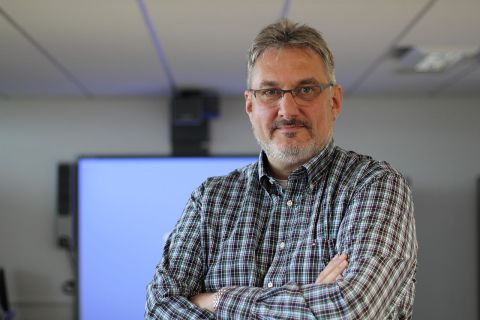Committing to equality – our journey towards the National Equality Standard
The CIPR is aiming for accreditation by the UK’s leading diversity, equity and inclusion standard
Nearly a year ago, in the spring of 2022, the Chartered Institute of Public Relations (CIPR) applied to be assessed against the National Equality Standard (NES). This is developed and owned by EY and, although it is more commonly taken up in large business organisations, several membership bodies, such as RICS, have also achieved it. We decided to break new ground by seeking assessment not only for the work and culture of our employed staff but for our volunteer community as well. Volunteers outnumber our staff by ten to one, and it is very often volunteers who are the first point of contact with our members, so ensuring that they all understand the values of equity, diversity and inclusion is of critical importance to us.
One reason why we are aiming for the NES is that only a small proportion of the UK’s PR practitioners are currently CIPR members. Many people in our sector do not feel that the Institute is for people like them, and even those who join and engage in CIPR activities often report that they encounter a culture that can be clannish and ‘all about who you know’. If we want to grow and thrive as a membership organisation it is important to overcome this.
Assessment against the NES is a rigorous process that requires gathering a lot of evidence. Our assessors visited us in June 2022 and produced their report in September. Unfortunately, we didn’t pass, and in fact we weren’t even near-miss. The NES involved assessment against 35 standards, and we were rated as ‘green’ in only nine.
That was a disappointment but on the positive side, there were no areas where we were rated ‘red’. In all of the others we were ‘amber’, meaning we’d made a start and were heading in the right direction, but we fell short of the standard required. Our main shortcoming was that although we can report generally good practice across the piece on employment, volunteer onboarding and actively looking to give opportunities to people ‘outside the club’, we can’t verifiably document this. The challenge for us now is to supplement generally good practice with documented policy and recording of activity so that we have concrete proof of what we are doing.
We will be going for accreditation again in June 2023, and we have lot of work to do before then. To start us off, we have established a new standing committee of the Institute on equity, diversity and inclusion, chaired by our immediate past president, Rachel Roberts. This committee will coordinate and oversee the plan of work that we have prepared to ensure that we get through on our second attempt. I am also pleased that we will be working with an external consultant, Harish Bhayani, who has many years of experience working with organisations to help them improve their diversity and inclusion.
Achieving the NES is not a tick box exercise. It requires concerted and sustained effort right across the organisation. It is also a standard of continuous improvement; after we pass we will still be expected to show progress by the time of the following assessment three years later.
Although the task is large and there is a lot for us to do, I remain convinced that external accreditation is the only credible way forward if we are serious about diversity and inclusion. We have to move beyond ad-hoc initiatives and pledges to ‘do more’. Working towards the NES is definitely a worthwhile goal.
Alastair McCapra is chief executive of the CIPR.


